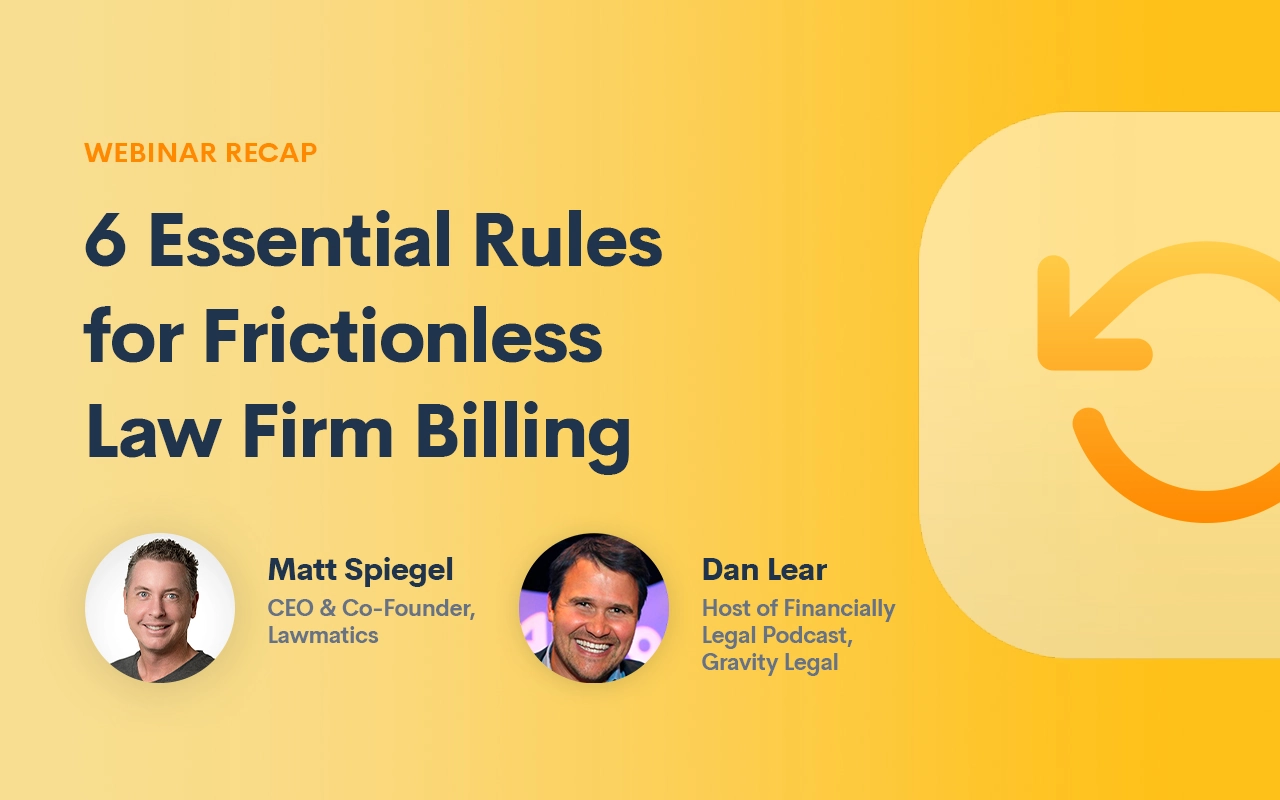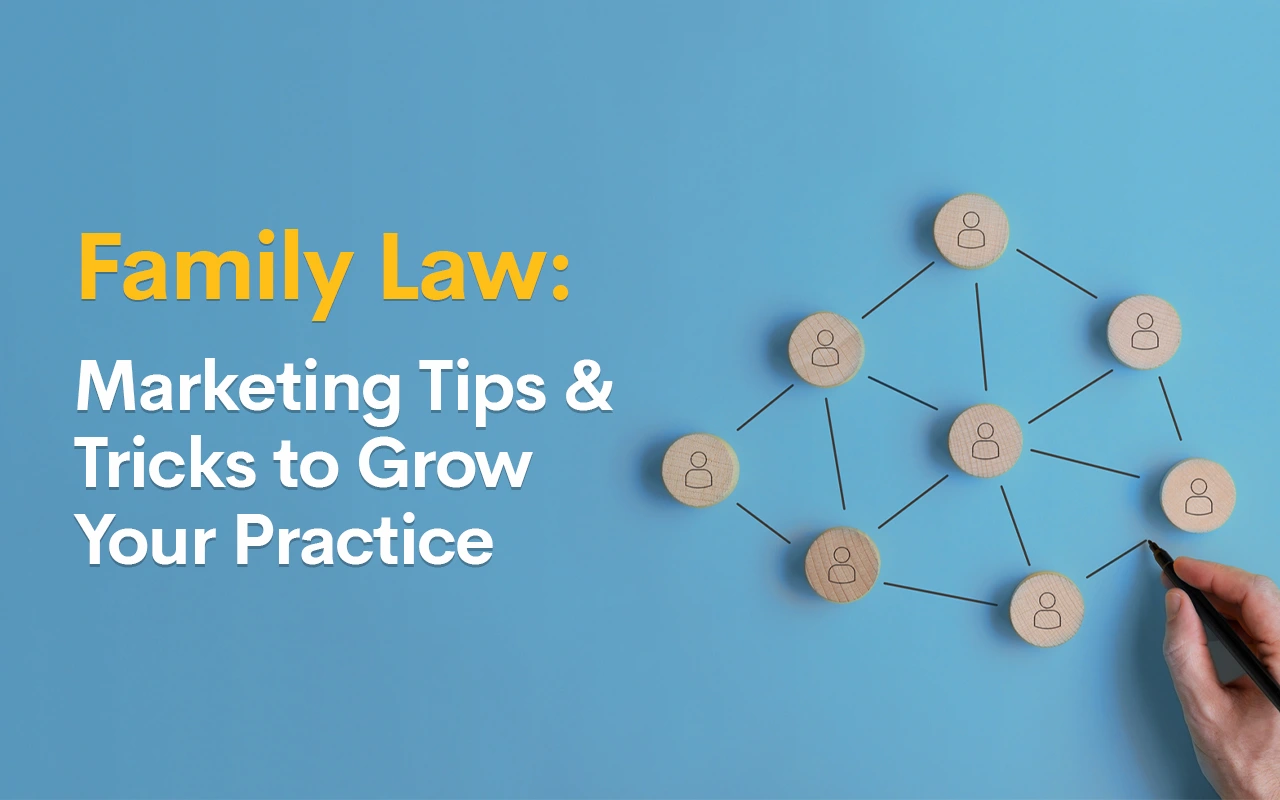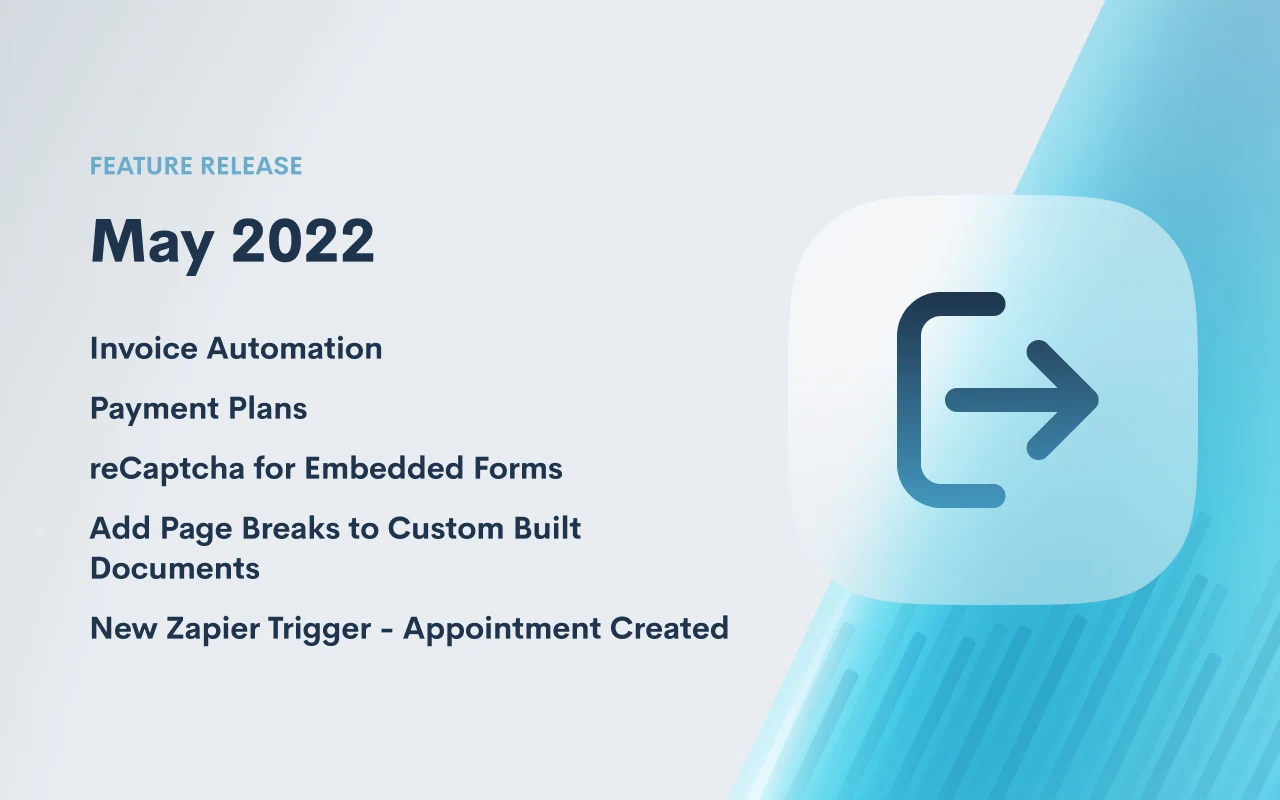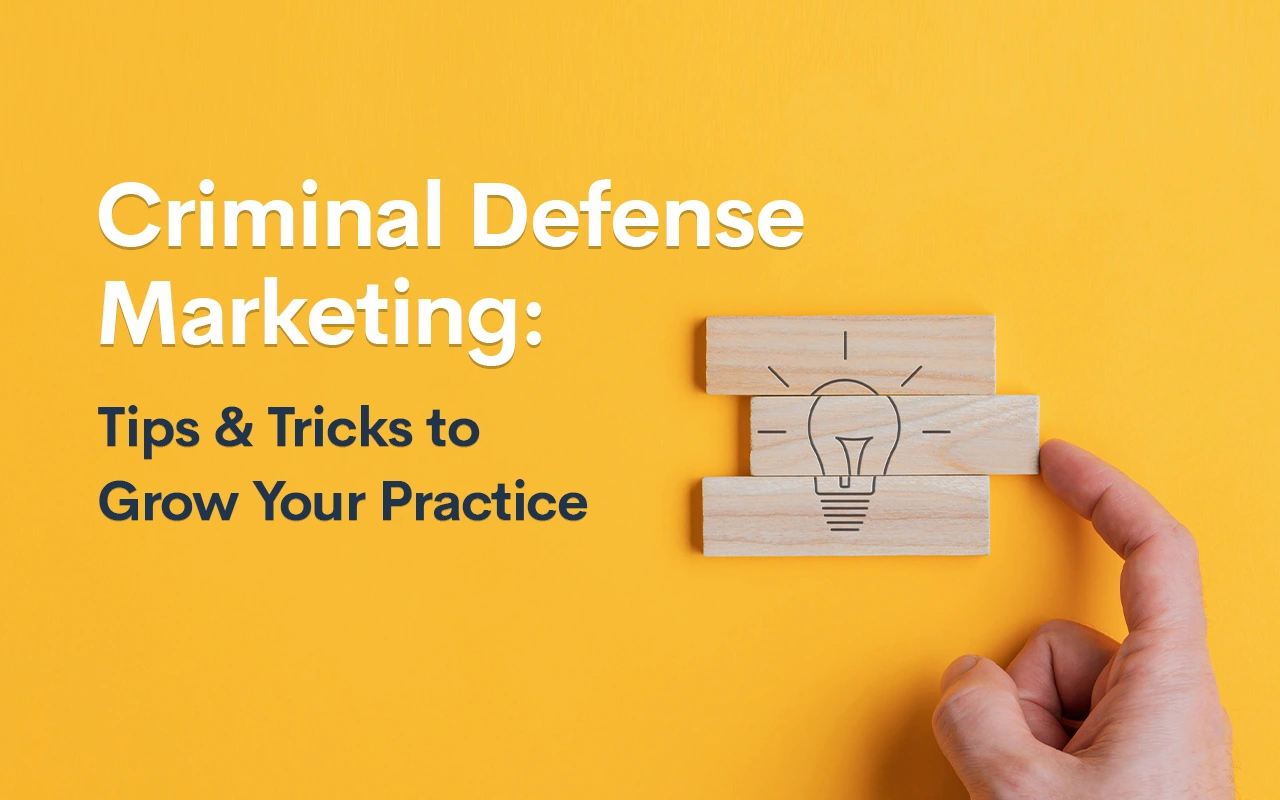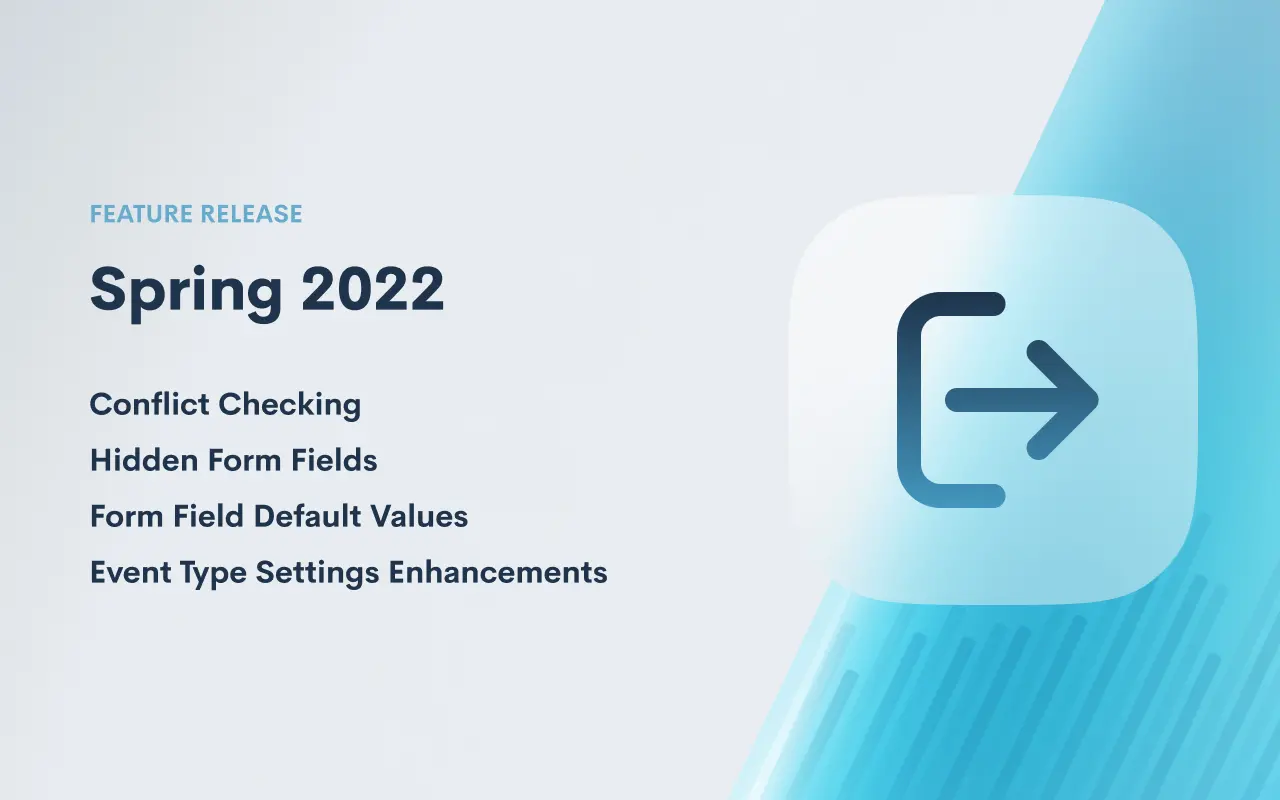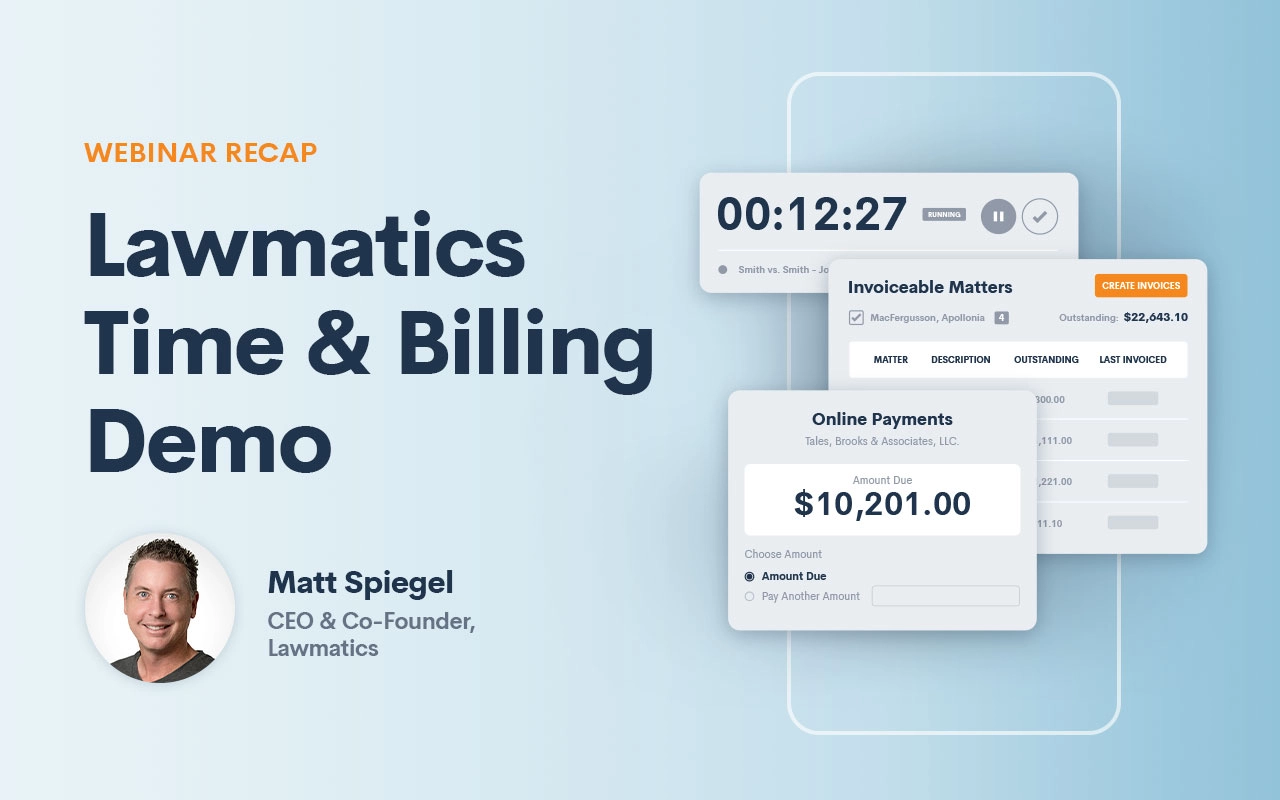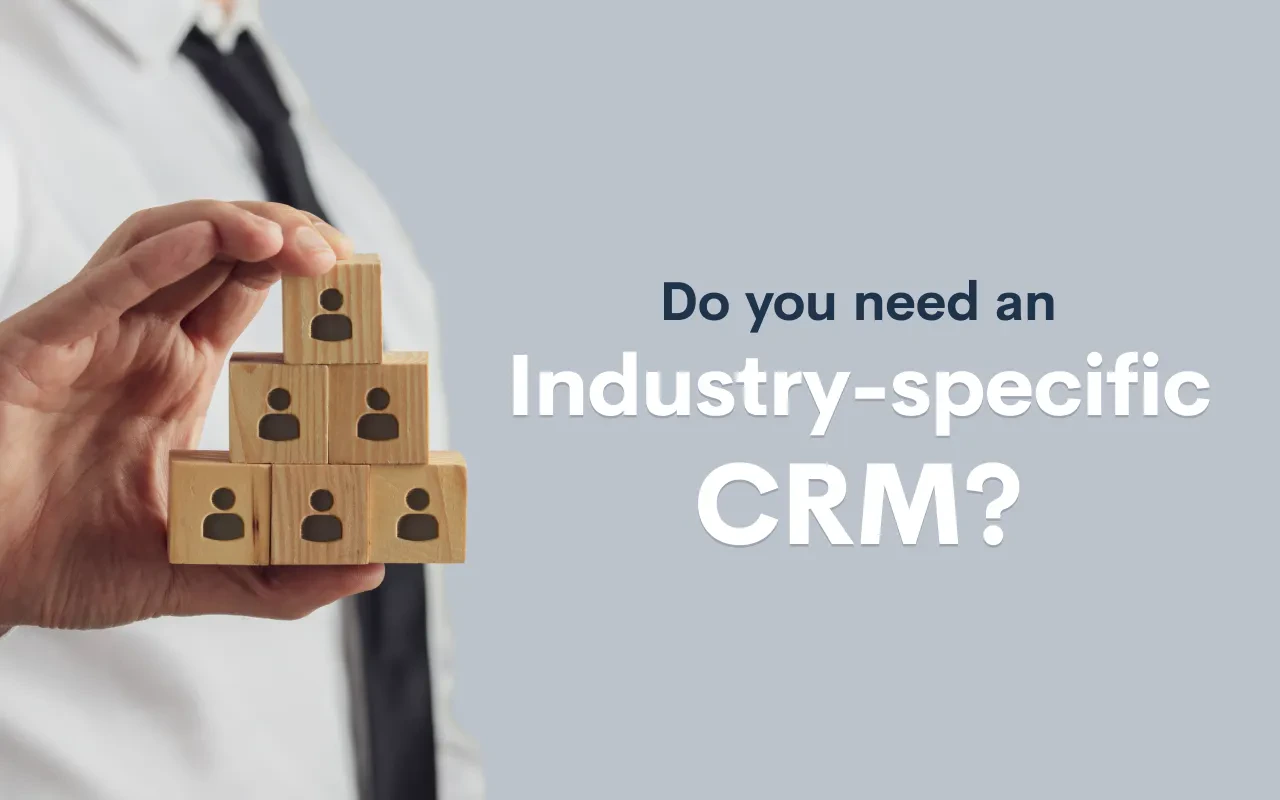Although CRMs may be thought of as something relatively new that emerged sometime in the 90s, the truth is that the practice of customer record-keeping has been around for thousands of years. Businesses have been tracking their existing customers since the birth of trading began. After all, even in ancient times, merchants had a clear understanding that it's much easier to sell to someone you've already sold to than try to sell to someone new. I mean, wouldn't you have rather bought your frankincense from a familiar merchant you already knew than some questionably pungent stranger who just docked their boat on the port?
Along with tracking existing customers, maintaining records of who owes what is also nothing new. In short, a CRM Is a modernized digital version of good old customer records but obviously much more sophisticated.
Today, CRMs play a significant role in simplifying how many businesses run. An abbreviation for customer relationship management, a CRM is a database developed to organize, retain, and acquire customers. Instead of having to refer to customer interactions and notes on multiple channels, one single software tracks every interaction, ensuring you have all the detailed information in one place.
What exactly is an Industry-Specific CRM?
A CRM can be incredibly beneficial for a business of any size in any industry, as such, in recent years CRM's have begun to branch out into a multitude of industry-specific versions. From hospitality to automotive, you can find a niche-specific CRM for just about anything. However, there are some industries that don't just benefit from a CRM — a CRM is an absolute must-have for them to run their business efficiently. Some of these industries include:
Mortgage lending
Healthcare
Government agencies
Manufacturing
Insurance
Construction
Consultants
Hospitality
And of course…. lawyers!
An industry-specific CRM means that it's been designed specifically for a particular niche like these. Its purpose is to meet the unique needs of particular sectors and are also referred to as vertical CRMs because they pinpoint specific vertical markets.
What’s an Industry-Agnostic CRM?
An industry-agnostic CRM is geared towards a wide range of markets and is therefore non-industry specific. There are agnostic CRMs out there that are relatively bare-bones and there are those that are much more advanced and fully customizable.
How Does Industry-Specific CRM Meet the Needs of Industry-Specific Businesses?
The built-in features are the bells and whistles of industry-specific CRM software. The features make everything easier and create an uncontrolled workload flow, so everything in the office benefits.
Below are a few features of industry-specific CRMs:
Dealer Management System (DMS)
DMS is often referred to as the automotive dealership management system. The software is designed to meet the needs of automotive dealerships or equipment manufacturers. With CRM, a business can manage listings, customers, sales, and more to streamline the entire process. Without a doubt, it's a game-changer. Nowadays, very few automotive dealerships function and flourish without industry-specific CRM, making the process easier.
Electronic Health Record (EHR) System
Healthcare is a very diverse industry that is highly regulated with many specific niches or sectors. Privacy is a leading factor with any software used in the healthcare realm. All EHR CRM systems are designed to factor in patient privacy along with regulations. Also, healthcare and insurance CRMs are specifically designed to integrate effortlessly without compromising patient privacy, information, or policy.
Legal CRM
A CRM for lawyers performs a multitude of functions to streamline your legal practice's efficiency. The goal of any law firm is to attract more client prospects and achieve better engagement to ultimately accelerate the office's growth. Legal CRM creates unity by helping to track, focus on audience segmentation, and effectively engage leads. Manage all client communications while maintaining privacy. Sort through contacts and record essential client data. The software also provides the needed tools to focus on marketing to promote revenue growth further.
Listing Management Tools
Manage agents, listings, and leads within a brokerage using listing management software. All listing and lead information are housed in one area, which helps promote automation. Also, many real estate-specific CRMs integrate with listing management tools.
Proposal Management Features
Using sector-specific software, build and send proposals right from the CRM platform. The features are standard in construction and consulting CRMs.
Do I Really Need an Industry-Specific CRM?
Industry agnostic CRM sellers and manufacturers like to throw around the word 'customizable” when trying to sell you software that is not industry-specific, promising that the flexibility of their software is superior to the “molds” of an industry-specific CRM.
When they tell you that the software is fully customizable, that might sound great, but do you really want to use the same software that car salespersons are using to handle your legal clients? Think about that for a minute.
In most cases, customizable only goes so far, and if the software is not industry-specific, then it's going to lack something you need eventually, and you'll find yourself up #$% creek with one paddle.
More often than not, many businesses who invest in a CRM that isn’t industry-specific ditch the software once they outgrow it and opt instead for industry-specific CRM choices. It doesn't matter if you bought a big-name brand or not; at some point, it simply won't provide the functions you'll need.
Why is a CRM a Must For Lawyers?
Improved Communication
One of the biggest complaints that people have about lawyers is that suck at communicating. But, let’s face it, since lawyers have so much going on it can become a challenge for them to keep up with every client. A CRM makes it possible to give each client direct access to their lawyer through a personalized experience making them feel like their lawyer is there every step of the way.
From touching base with them on the progress of their case to what their legal rights are, a spreadsheet alone isn't enough to handle it all. No more missed opportunities or clients frustrated because you don't get back to them fast enough. Automation improves your communication by telling you exactly who you need to communicate with when.
Increased Efficiency
There are so many different moving parts that go into running a law firm. A CRM streamlines your processes for you making everything much more efficient. One centralized database makes it easy to track every part of a client's case and determine what needs to happen next. Depending on your law firm, there may be multiple people working on the same case, so having everything in one place makes sure your team is as efficient as possible.
Greater Client Retention
A legal CRM makes it possible to meet each client feel acknowledged every single step of the way through automated personal responses. By giving your clients an attentive and personalized experience you can build stronger relationships that in turn lead to greater client retention, while still having the freedom to turn your attention towards what matters most in your practice.
Streamlined Workflow
Dynamic automated email workflows for law firms make your job as a lawyer much easier. Instead of spending time manually completing tasks, you can simply add them to your automated workflow, completing them in a fraction of the time. You can effortlessly control each stage of the client process with a modern approach to running your practice, thanks to a visual interface that makes it easy-peasy.
Automating Tedious Tasks
Running a law firm requires all sorts of tedious tasks that can easily eat up your day. A CRM can automate these often tedious and non-billable processes so that you can focus your time towards revenue-generating work. As a lawyer, the less work that you have to do manually, the more time you have to focus on whatever matters most at your practice.
In the world of law, time equals money, so the more that you can free up in your schedule thanks to automation, the more money you're putting in your pocket.
From the minute that lead first contacts your firm, a CRM will automate the often cumbersome processes like following up and generating complex paperwork. Some examples of what a CRM can automate for your law firm are:
Client Communication
The right CRM can follow up with your leads and clients on autopilot, making them feel like they're connected to you every step of the way. Thanks to automation, you can make every client feel like they're your only client by sending consistent messages letting them know about the status of their case without you having to do a thing.
Marketing emails
Drip campaigns for law firms for law firms reach your prospects in a targeted and personalized messaging style based on triggers of your choice. Whether you're welcoming a new client, or someone signs up for your newsletter, automated marketing lets you engage and market on autopilot without having to lift a finger.
Document automation
All lawyers know how time-consuming creating complicated paperwork can be. Manually generating complex legal documents isn't just time-consuming, but when you do it manually, you risk plenty of errors. Automation software can create a contract in minutes with a few clicks of a mouse. You could potentially have your client-attorney agreement printed and signed at the end of a first consultation.
Appointment scheduling
Automated appointment scheduling gets rid of the often drawn-out back and forth that comes along with trying to find the right consultation time that works for everyone. Simply send a link to your clients, and they can choose a time based on their availability. Not only can they set and cancel their appointments, but automation also sends out automatic reminders significantly reducing your no show rate.
Managing Contacts
In the absence of a CRM, it's complicated organizing all of your contacts and determining what actions need to be taken next. One single platform can keep track of it all without having to toggle between different channels. A 360-degree view of each contact shows everything from basic contact information to what phase of the client journey they’re in.
Your CRM will track each client for you while you focus on growing your firm. No more wondering about who's been followed up with when—your CRM handles it all.
Reporting
No more guesswork about what's working and what's not in your practice. Custom reporting extracts your data for you, giving you the power to make data-driven decisions so you can turn your attention towards practicing law. Law firm data analytics software built into your CRM tracks your most important metrics like your best lead sources and practice areas. The data is presented in an easy-to-read format so that anyone in your firm can easily understand it, giving you powerful information to increase your law firm's profitability.
Nurture Relationships With Past Clients
Statistics show that over 70% of law firms’ business comes from client referrals. So, just because a case is closed doesn't mean you should throw away a relationship with past clients. A CRM makes it possible to nurture your past relationships with your alumni clients, encouraging repeat business and five-star reviews.
Benefits of Using a Legal CRM over an Industry Agnostic CRM at Your Law Firm
The CRM that you choose will play a significant role in how well your law firm functions. The difference between choosing an industry-agnostic CRM and a legal one is that you need to be able to customize the features to meet your industry requirements. Implementing the right software that is designed by lawyers and created for lawyers ensures efficiency in your law firm that custom software simply couldn't provide. An industry-specific solution is almost always the best option.
More Cost-Effective
Running your law firm with an industry agnostic CRM means that eventually, you'll need to buy additional software to add functionalities to your processes where holes exist. In many cases, law firms with an industry agnostic CRM that lacks advanced automation features and functionalities like electronic signature for legal documents end up paying much more in the long run by having to buy additional software products that often integrate poorly with their CRM.
A Specific Legal-Focused Workflow Boosts Productivity
Some CRM's do nothing more than generate more things for you to do, slowing down your productivity. Basic automation features for task completion only create more busy work for your law firm, which is the opposite of what you want it to do! You want a legal CRM that gives you the power to gain full control and freedom to customize your legal workflow automations the way you need to boost your productivity.
The right legal CRM like Lawmatics gives you the tools to attract both new and old clients without having to do a thing. Custom law firm email marketing templates make it easy to send reminders to clients automatically, while you focus on practicing law. Your email workflows are totally customizable so that you can send out the right message based on where each client is in their unique journey.
Better Data
Some CRM's offer reporting tools, yet, they are often limited in visibility into your reporting analytics. In order to track the metrics that are most important to your law firm’s goals, you need a powerful law firm reporting software built directly into your CRM that’s easy to understand.
Rather than having a guess why things are or aren't working at your law firm, a custom legal reporting tool makes it easy to see important metrics like who your highest quality leads are, how they found you, what matter types they are, and where your best referral sources are. Having the right data at your fingertips allows you to continuously analyze what's going on in your law firm from the inside out, and use that information to improve your practice by making data-driven decisions.
More Relevant Integrations
When you use industry-specific software, you want to make sure that’s built to communicate with other industry-specific software. You need a CRM that integrates with recognizable names that fall within your industry. When you have a CRM that's built specifically with the legal industry in mind, integrations to other legal software are already built-in without the need for expensive technical support to intervene.
You can easily automate repetitive tasks between apps you already used to run your law firm, helping you build a best-of-breed tech stack for your business. You've got enough to worry about in your law practice, so when your software seamlessly communicates with each other without any work on your part, you can focus your energy on whatever matters most for you.
More Relevant Tools
When your law firm opts for an industry-specific CRM built with lawyers in mind, you'll be given a set of tools that best meet the specific needs of a legal business. With a clear workflow and lawyer-targeted utilities to perform your job, you can run your law firm much more efficiently.
Better Support
One of the most important things that you should consider when choosing a CRM is customer support. Adjusting to a new CRM is a learning curve, so you want to make sure that whatever company you work with not only has a thorough onboarding program but that they also have ongoing support.
Opting for a legal-specific CRM means that their support staff works exclusively with one industry only. That means they know how to solve issues directly related to your specific industry and can help you solve issues and answer questions much faster. They'll have a greater understanding of how law firms work in their day-to-day processes, and know what features are most likely to benefit your law firm best.
A one size fits all CRM solution will fail to offer support beyond basic needs. A support staff that's trained on the software alone and not the specific industry it's created for means a much more generic support experience.
What to Look For in The Right Legal CRM?
An industry-specific CRM is undoubtedly the best choice for your law firm. However, it's important that you know that not all legal CRMs are created equally. You want to make sure that you choose one that is targeted towards your law firm's unique challenges and goals so that you know your investment was well worth it. Here are some of the most important features that you should look for when deciding on an attorney CRM for your law firm.
Key Automation Features
Running a law firm requires all sorts of tedious administrative tasks that quickly eat up a lawyer's time. The only way to ensure that you can meet your long-term goals is by automating these often repetitive tasks with key automation features like custom forms and document automation. Because the fewer tasks you have to complete manually, the more time you have to spend on what you went to law school to do— practice law.
Easy Integration Processes
To get the most out of every application that your law firm uses, you want to make sure that they all seamlessly integrate with each other. Choose a CRM that has an easy integration process that syncs intuitively, ensuring that you're continuously keeping the ball rolling in your practice. Complicated integration processes that lack time saving features don't just cause you to lose time, they are downright stressful. Don't overcomplicate things that could be easy. Prioritize finding a CRM that integrates intuitively with other applications.
Custom Automations
A lot of legal CRMs boast about their automations, when in reality the automations are pretty basic. The right legal CRM for your practice will do more than just make checklists. They'll allow you to make custom automations that save time and bring structure. From the minute a lead is first captured to signing a retainer agreement, you want automations that ensure your clients have the most convenient and modernized experience possible.
Easy Custom Form Builders
Overly complex form builders are confusing and laborious. Make sure that you're not choosing a legal CRM with limited custom form builders that cost your firm precious time. Instead, look for a CRM that has an easy drag and drop features to customize your forms with ease. A legal CRM lake Lawmatics uses conditional logic appointment scheduling and more with its intuitive drag and drop editor.
Simple Interfaces
Ideally, you want to avoid a CRM that has a complicated interface that's a headache to understand and navigate. You want something that's easy to adapt to with a minimal learning curve so that you don't miss a beat in your practice. Interfaces that are downright unintuitive are overly complicated. You want one that makes it easy to instantly generate documents making your life easier — not harder.
File Request Features
A legal CRM that has a file request builder built-in means you can find and send files quickly and securely. The right legal CRM for your practice makes it easy to locate a document and send it within seconds ensuring a streamlined and error-free workflow. Some legal CRMs require you to scroll to track down email attachments making it agonizing to find and send what you need on the fly. So, look for a CRM with the file request feature like Lawmatics that sends a simple upload link to clients allowing them to send you whatever you need immediately and directly to your database.
Pipeline Management Features
A pipeline management tool gives you the ability to customize each stage of the client journey and nurturing and engaging your leads, building lasting connections. A customizable workflow makes it easy to see what actions need to be taken when, by tracking everything in one single location thanks to pipeline management. Look for a CRM that lays out all the data you need in an easy-to-read format that gives you eyes on everything all at once.
2-Way SMS Messaging
Not every client you come across will have the same communication preferences. The best way to deliver a positive customer experience and modernize your practice is by offering two-way SMS text messaging for law firms. That way, your clients can communicate directly with you through SMS and you can reply just as easily. All interactions should be saved within your CRM, making it possible to see both email and text conversations all in one place.
Many legal CRMs don't come with this feature which requires law firms to buy an entirely different platform if they want to implement SMS messaging. Finding one that's already built in will save your firm time and money.
Email Drip Campaigns
There are some legal CRMs out there that offer basic email automation. However, you need one that offers a set and forget email campaign builder that attracts new leads in the background while you're focusing on what your most pressing matters. Email drip campaigns reach your prospects in a personalized style that encourages more results.
With the right CRM, you can easily build repeatable processes that send out messages to leads at each stage of their client journey. It makes following up with them a streamlined process, making everyone feel prioritized every step of the way. The best part is, you don't have to do a thing — thanks to automation.
Custom Reporting
Custom reporting allows your law firm to track the data you need to reach your unique goals. A CRM that lacks custom visibility makes it more difficult to reach your firm’s unique long-term goals. Some legal CRMs may boast a reporting feature, however, they are often very limited and may not follow the specific metrics you need to reach your long term targets. Ideally, you should be able to track whatever metrics you want to improve your performance and eliminate the bottlenecks holding your firm back from reaching its full potential.
Audience Segmentation
When it comes to marketing, a one size fits all approach doesn't work anymore. You need to target your customers in a way that they are most likely to respond to. Audience segmentation software groups your leads into different sections based on their particular characteristics. Since the same marketing email won't work for everyone, you can create different campaigns to send out to different segmented groups, targeting your customers in a more effective style.
Goal Tracking
You want a CRM for attorneys that has a goal tracking feature that identifies critical performance indicators. Closely monitoring your progress will help boost your productivity and move you closer to your long-term goals. Whether measuring your productivity on an individual or collective level, goal tracking helps you stay accountable for your law firm's productivity and efficiency.
Suited For Your Firm Size
Ultimately, you want to ensure that the law firm CRM you choose is a match for your law firm size. There are many that are created which are best suited for larger firms and it may not be the best fit for your particular firm size. The smaller your firm is, the more features that you need your CRM to have. Since you don't have the luxury of a front desk staff to carry out your administrative tasks for you, you want your CRM to take the wheel in as many ways as possible so you can focus on your clients.
Automated Scheduling
In today's consumer-driven market customers expect things to be as simple as possible. Finding the right consultation time often involves a long and drawn-out thread of emails asking each other what the best time is for everyone's schedule. Eliminating these lengthy back and forths doesn't just make your life easier, but it will thrill your clients.
Look for a CRM that offers automated scheduling and allows your clients to make appointments themselves. Lawmatics legal CRM comes with built-in appointment scheduling software that takes the headache out of scheduling appointments and significantly reduces your no show rate.
An Industry-Specific CRM Is a “Must-Have” For an Efficient Law Firm
A customized automation experience created specifically for lawyers by lawyers is a must-have for your law firm. The most powerful attorney intake software, marketing automation and law firm CRM that exists, Lawmatics, handles all of the administrative tasks for you so you can focus your energy where it matters most— your clients. Why settle for a generic experience when you can have a legal CRM that is built specifically with your industry in mind?
Are you ready to see how Lawmatics awesome features can help you effortlessly run your law firm? Sign up for a free product demo today!

